Aug
7
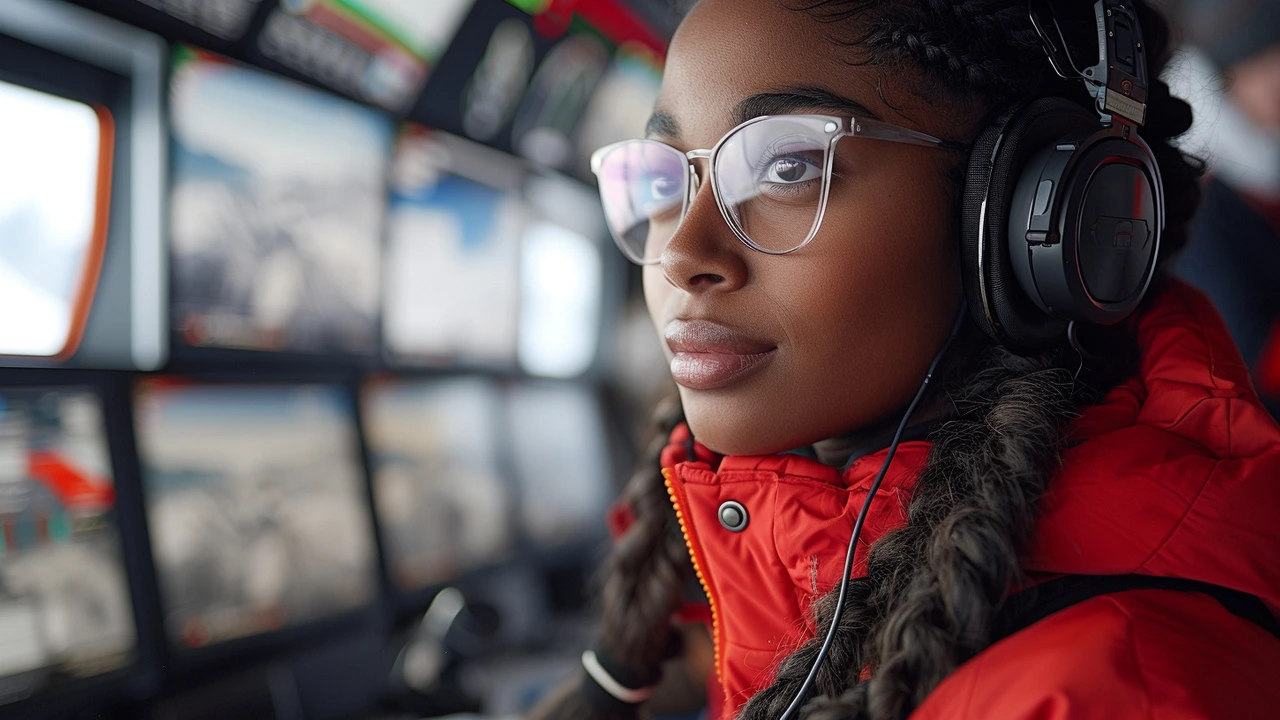
- by Lillian Stanton
- 0 Comments
Cracking the Code: The AI Revolution in Filmmaking
Now, I’m not one to shy away from a good story, especially when it involves artificial intelligence (AI), films, and a brave New World of technology that even Bolt, my Siberian husky, gazes at with open curiosity—a bit like a squirrel captivated by the flickering colours of a rainbow. Coming back to the subject at hand, AI is revolutionising the face of the film industry like never before, and it's certainly stirring up the same level of excitement that I feel when Whiskers, my Persian cat, finally understands a new trick.
Once Upon a Time: AI in Film History
Artificial intelligence has a rich history in the landscape of film, dating way back to the dawn of the 20th century, when automate animation systems were slowly making their way into the heart of filmmaking. Much like the feeling of taking Bolt on a long walk on a sunny day, learning about these technological advancements and their inception in the cinema world is a joyful, invigorating experience.
Just think about the evolution in special effects, from the stop-motion animation of King Kong in 1933 to today’s sleek, computer-generated imagery (CGI). It’s easy to see the transformation in visual effects over time, and AI has been instrumental to this upheaval. This tech wave didn’t break overnight, but thanks to AI, the industry has made giant bounds in a few short decades, making the whole process a lot easier—almost as simple as Whiskers slipping effortlessly through an opened door.
Lights, Camera, AI: Re-Imagining Screenplay Writing
AI has not just affected the visual aesthetic of films but has also transformed the very core of cinematic storytelling – the script. Comparing it to our daily lives, much like unexpectedly finding a hidden bone in Bolt's favourite playground, AI has unearthed unexplored opportunities in screenwriting.
Algorithms can now analyze a screenplay's concepts, structure, dialogue, and pacing, offering writers precise feedback and suggestions. They can even predict audience reactions and box office performance, taking a lot of the guesswork out of scriptwriting. Imagine that — a robot helping to doodle in the margins of your next Oscar-winning screenplay! Doesn't it sound as thrilling as jumping into a frolic time with Bolt on a brand-new trail?
Re-Casting the Limelight: AI in Film Editing
Just as Whiskers is picky about her grooming routine, film editors can be particular about their cuts and transitions. AI technology has leapt into this field like a delighted Bolt into any body of water. With machine learning algorithms in the driver’s seat, the editing process has become swifter, easier, and much more efficient.
The truly impressive aspect? AI can learn a director's unique style and mimic it accurately. In a nutshell, directors can ‘train’ their AI tools to capture their signature filmmaking style, just like I've managed to train Bolt to fetch the paper early mornings—it's not always perfect, but is endlessly fascinating.
The Future Director: AI in Movie Directing
At this point, I’m sure many are wondering—as did I—if the prospect of AI directing movies could eventually render human directors redundant. Seems ludicrous, right? But take a moment, think about it. Could Bolt or Whiskers end up watching films directed by an artificial intelligence? Intriguing, isn’t it?
While the notion might sound alarming to some, it's an exciting prerogative to imagine. AI's capabilities have already proven their mettle in visual effects, screenwriting, and editing. It's only a matter of time before it ventures into directing. Fantasising about it, isn’t it as stirring as the anticipation of Bolt’s wagging tail at the end of a long day?
Ending Credits: The Ethical Angle of AI in Films
As exciting as AI is for the film industry, it does raise a few whiskers—uh, I mean eyebrows—on the ethical front. Confidentiality of script data, job security of film professionals, misuse of deepfake technology; these are just a few of the many pressing concerns. The way these challenges are addressed and balanced with AI's benefits will shape the future of the film industry.
Life comes with its own set of challenges and complexities, and so does the implementation of AI in filmmaking. There's a silver lining, though—I'm sure of it. We can navigate through these hurdles, much like how Whiskers learned to tolerate Bolt's energetic persona. After all, a little ingenuity, some patience, and a whole lot of heart can make magic happen, whether it's in films or in tracing the boundaries of AI.

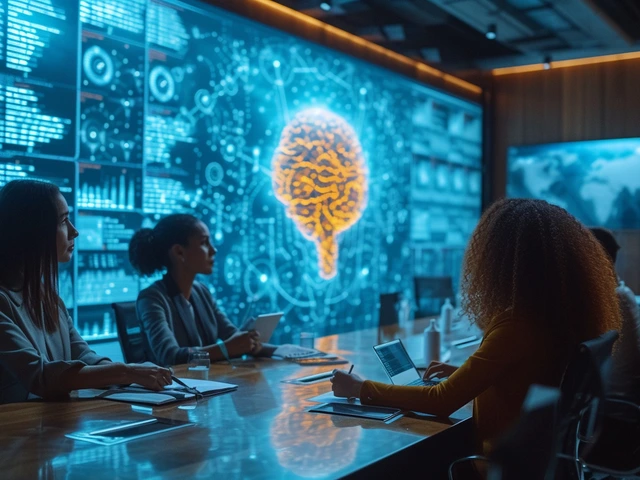
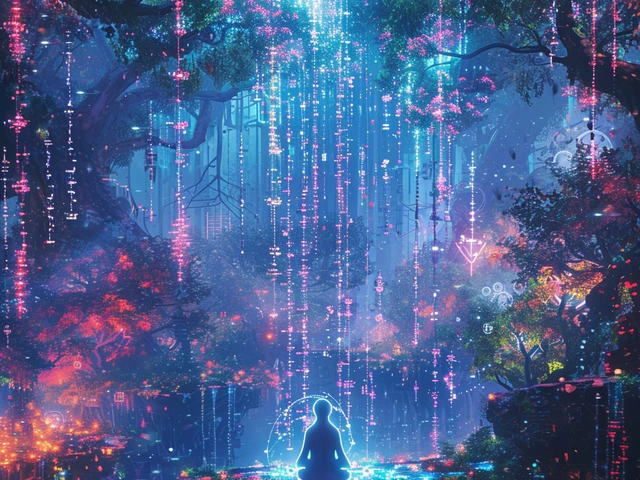
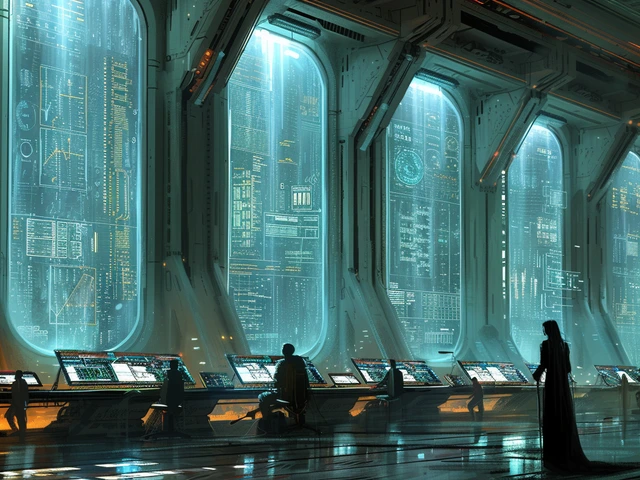
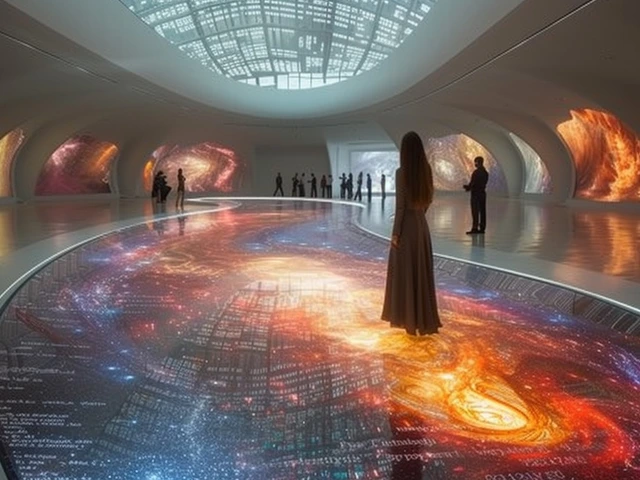
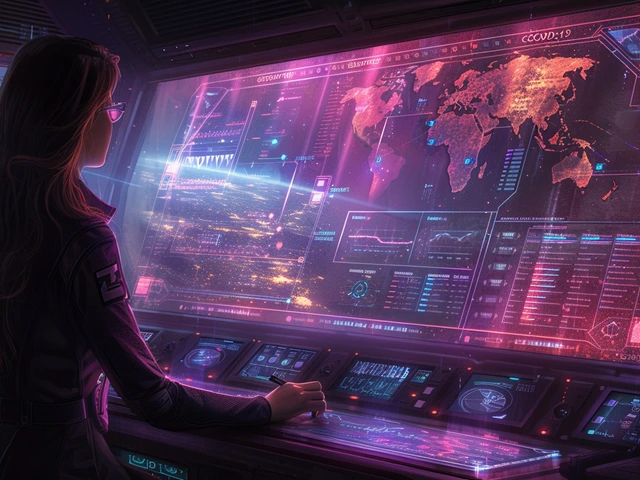
Write a comment